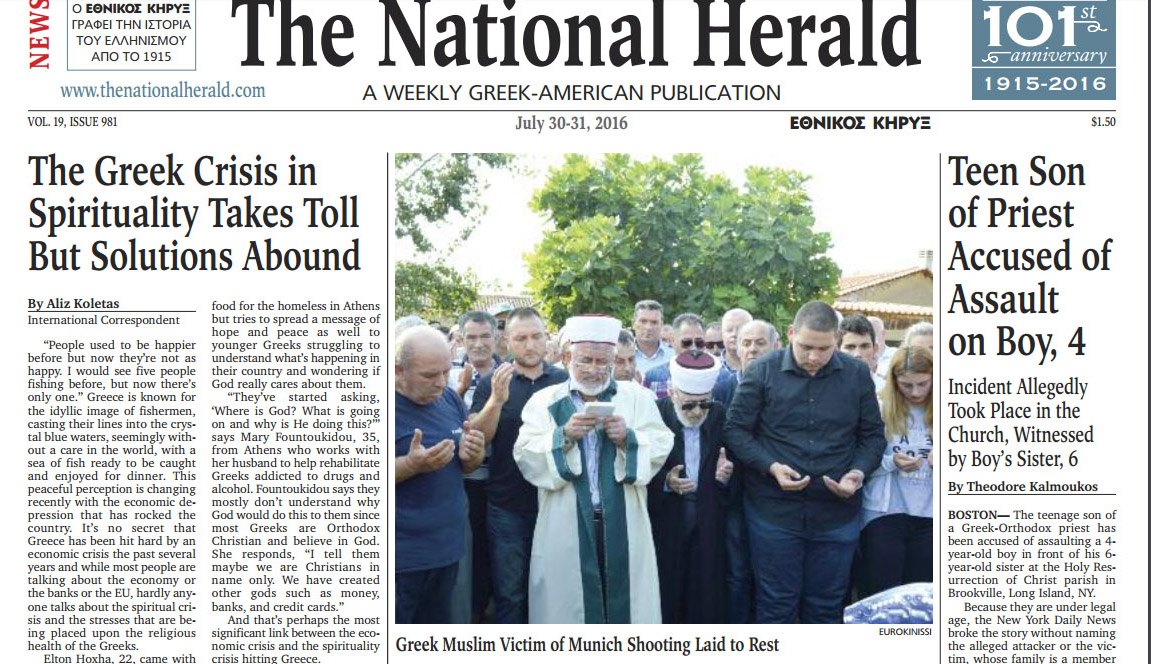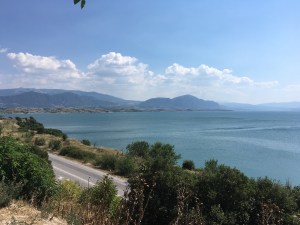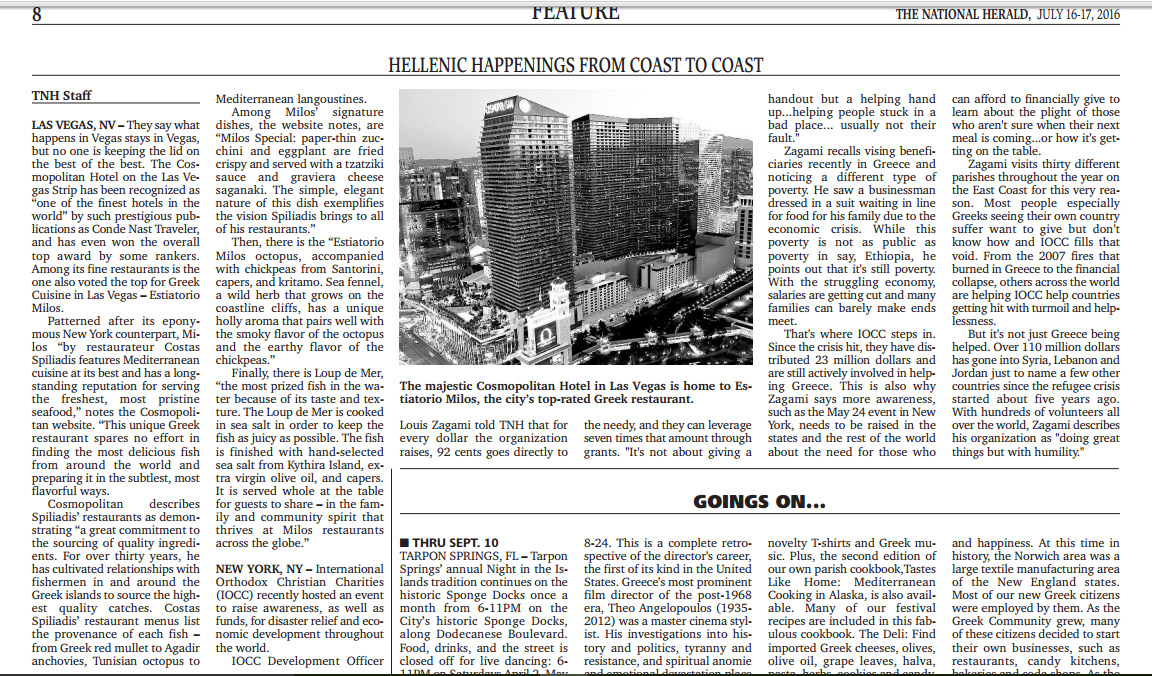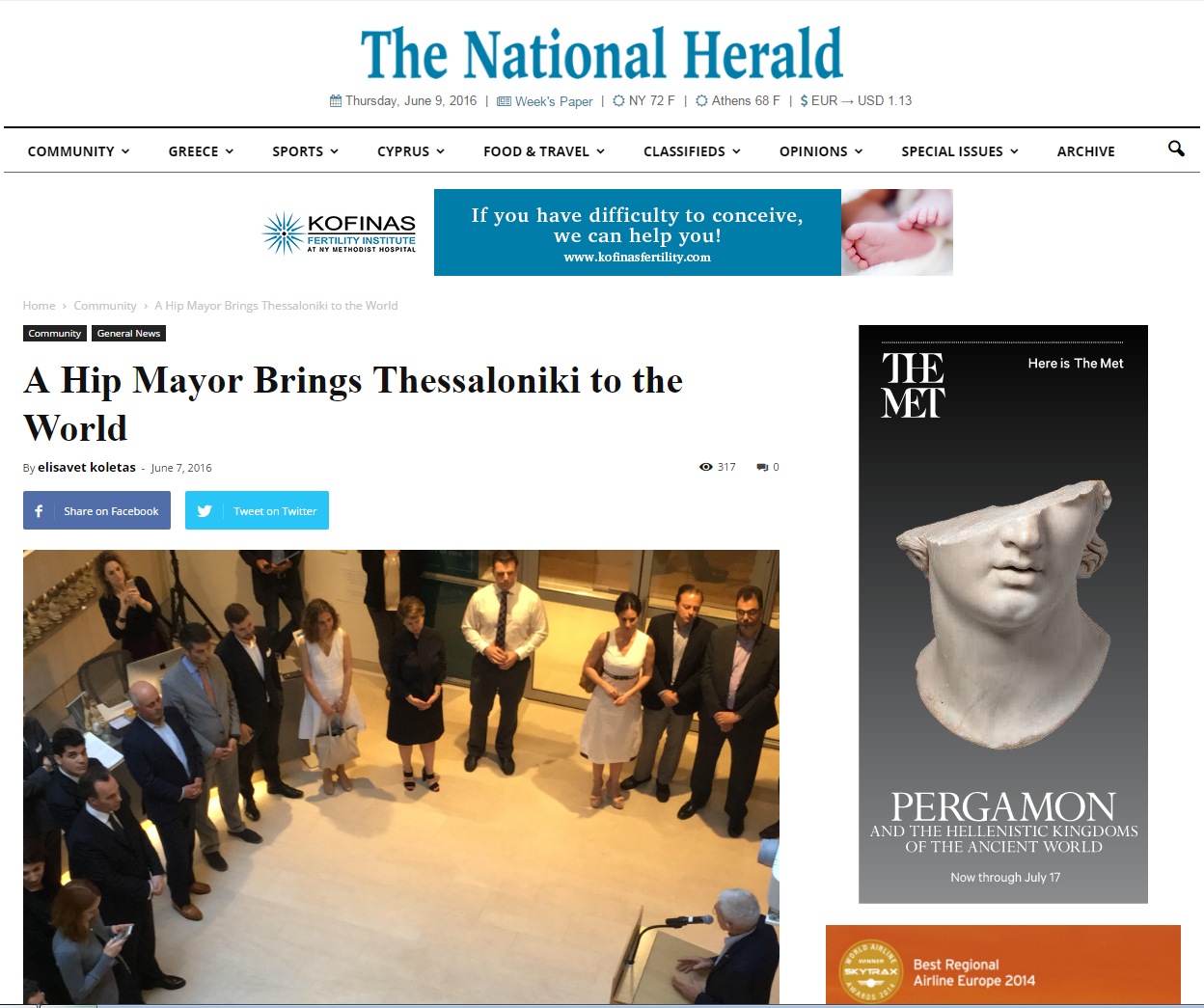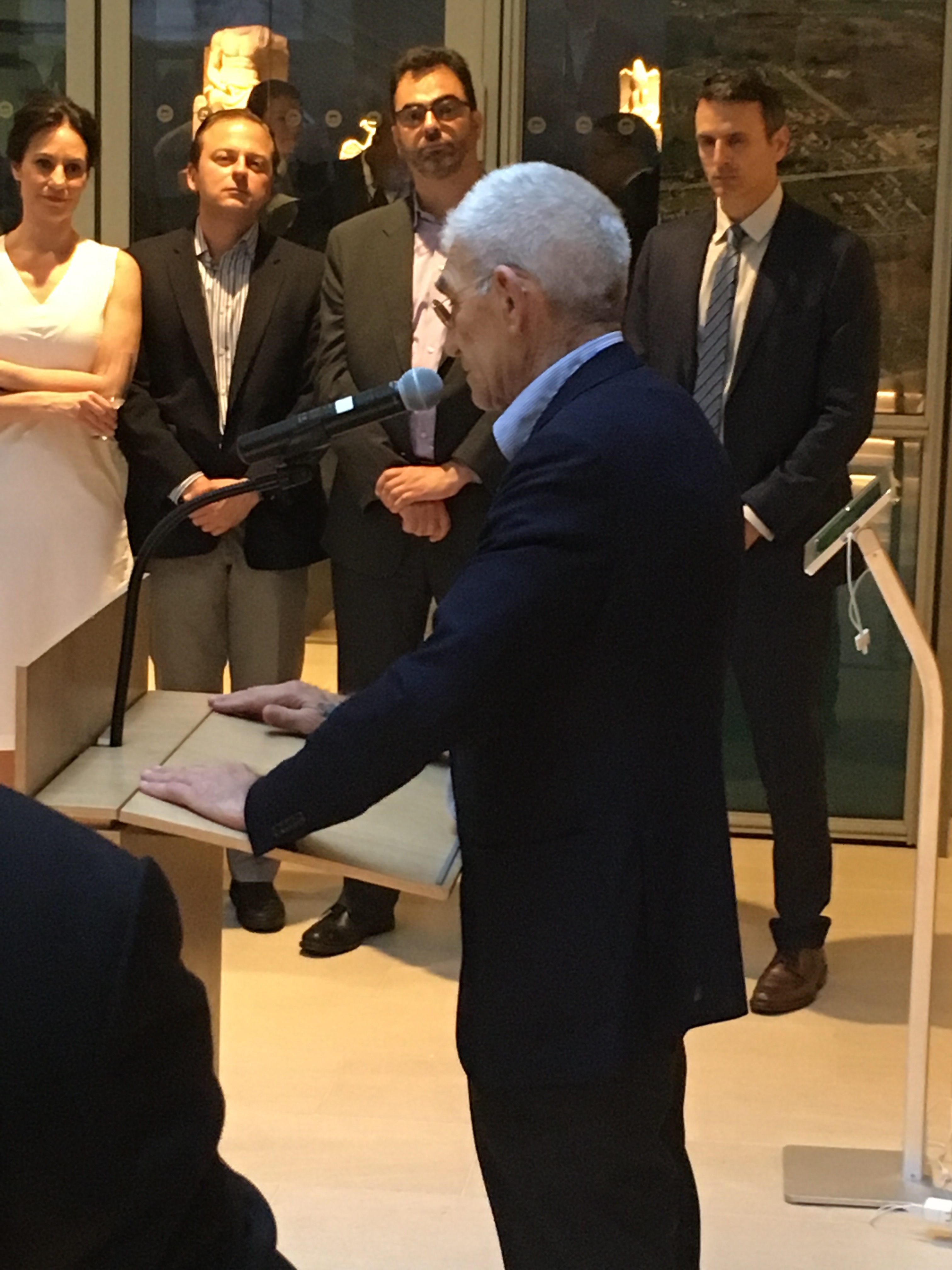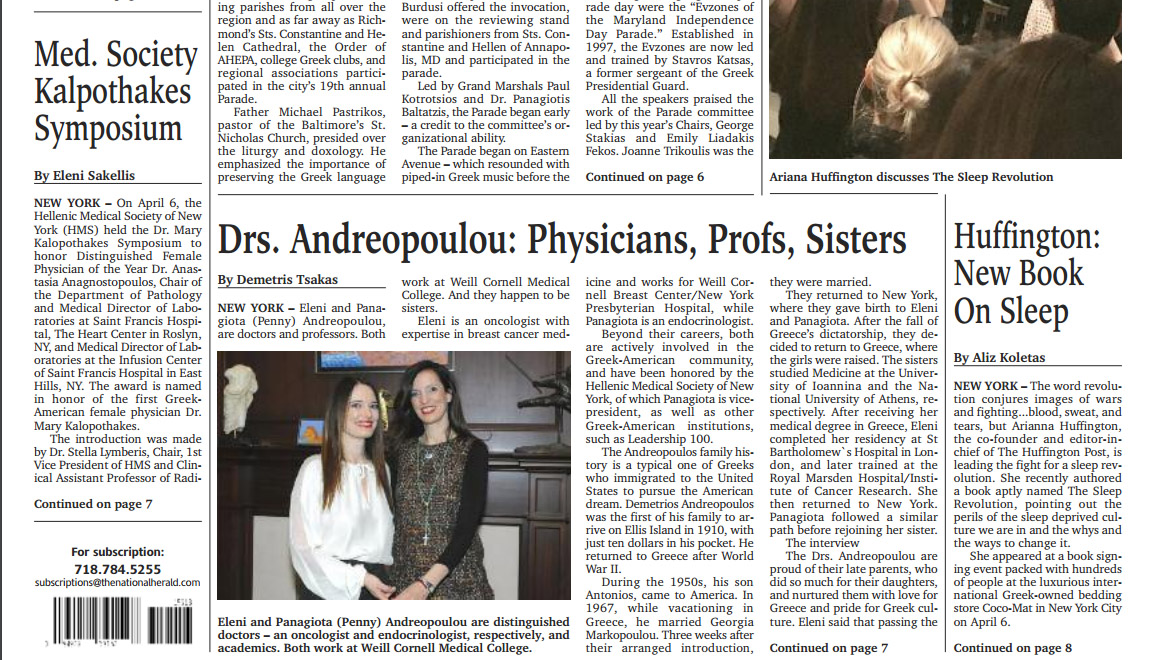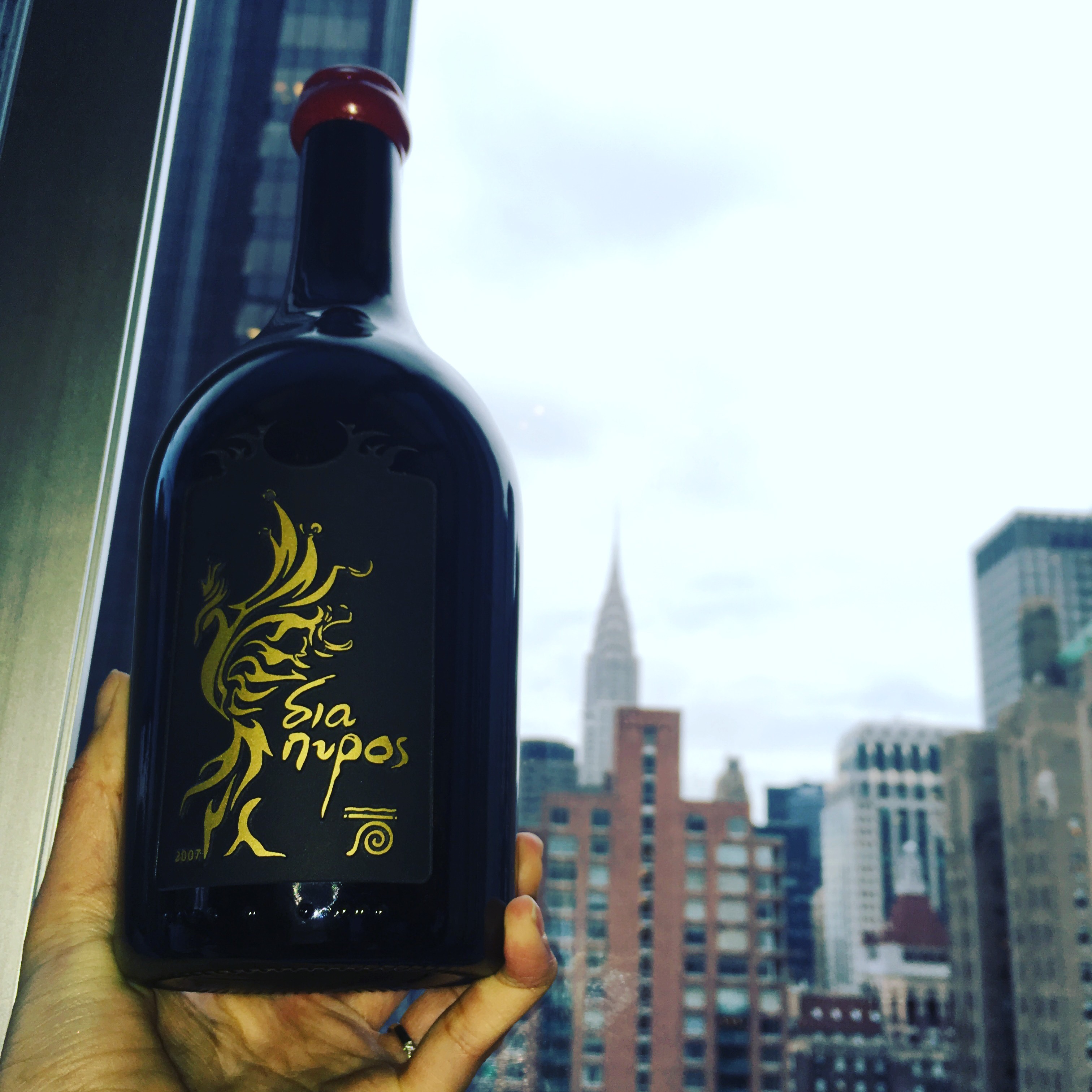
| Aliz Koletas |
They say he isn’t their pastor, father or role model but he’s the only one who can save America, mostly from socialism unless he’s pushing it. He claims to be the chosen one as he saves America in these end times. They admit his personal life isn’t perfect but now believe that his moral shortcomings are no longer fair benchmarks unlike for previous Democrat candidates. They say he’s saving and supporting Christianity even though some argue that white evangelical Christians’ support of the president is “harming the church’s witness for the sake of short-term political gain.” And anyone who speaks out against him is the recipient of ‘cancel Christian culture’ as Baptist leader Russell Moore received back in 2016. Other Baptist leaders like Al Mohler eventually cave to the pressure.
They say he’s saving the religious right while he mocks their faith behind their backs. They say they want separation of church & state but at the same time demand tax free status for their churches, colleges and pastors’ extravagances while publicly supporting the president. Their pastors say anyone who votes Democrat is sinning or wrong even though they don’t feel the same way about the president’s sins. They say they don’t want the government telling them what to believe or preach but want the government to legislate their morality on the entire country. They tithe 10% of their income to support sending American missionaries across the world while supporting the president’s administration separating children from their families at the border and forcibly sterilizing detained immigrant women who cross the border.
They don’t believe in the virus until they or their family member get it and die from it. Or they believe in the virus but say it’s blown out of proportion even as they die from it. And even after they die from it …like Herman Cain. Though they believe it’s taken too seriously, they also say it is a judgment from God but the president is handling it better than anyone else possibly could. Their communities are against health measures such as masks and vaccines while at the same time dying of opioid addiction or struggling with health concerns or financial stability which leads them to rely more on the government for assistance …something that would be considered socialism except it’s not when benefiting Republican voters or supported by a Republican president.
They fight against stem cell research although their candidate survives what they call the “plandemic” due to experimental drugs which are being used thanks to research based off abortions. They proclaim “my body, my choice” for choosing not to wear a mask which saves lives saying it infringes on their constitutional rights but say a woman’s choice is murder. Many believe contraception is the root of the culture of death, that it’s murder or agree with the Supreme Court in Planned Parenthood vs. Casey (1992) that “the abortion decision is of the same character as the decision to use contraceptive” while others are willing to accept contraception to control their family size but not healthcare which has been shown to lower abortions. Which might explain why “the sharpest drops in abortion rates have been under Democratic presidents.” But just as Democrats for unknown reasons refuse to associate their party with pro-life measures even though they have a better track record than the GOP in the pro-life category, likewise the Republicans refuse to associate Democrats with pro-life measures and most will only vote for Republican presidents even when they wouldn’t if that same candidate were a Democrat.
Kevin Kruse, Professor of History at Princeton University and author of One Nation Under God explained to me more about their mindset, “As a twice-divorced former casino owner with a checkered personal history, little background as a churchgoer and little knowledge of the basics of the Christian faith, Donald Trump would seem on the surface to be an unlikely champion for Christians. But in the political sphere, evangelical Christians have, ever since Roe v Wade, been focused on challenging and changing the composition of the federal courts. In the summer of 2016, Trump promised leaders of the Religious Right that he would appoint judges to the federal courts who would deliver decisions in keeping with their political agenda and, as a result, Trump secured the loyal backing of those leaders and the white conservative evangelicals who take their cues from them. As he has delivered them judges, they have continued to deliver him their votes.”
But as Phil Vischer and Skye Jethani point out in a recent Youtube show, stopping abortion(s) has hardly anything to do with the president. And especially Republican presidents. They point out facts such as, since Roe vs. Wade (1973) ruling, Republican presidents have appointed 12 justices to the Supreme Court versus Democrat presidents appointing only 4. For forty-nine of the last fifty years, Republican nominees have held the majority on the Supreme Court and “despite this Republican domination of the Court for 5 decades, it hasn’t overturned Roe” even in 1992 when they had the chance to do so. Don’t forget that Roe v. Wade was decided by a 6-3 Republican majority with 5 of the 6 Republican nominees voting that abortion was a constitutional right and that the government shouldn’t excessively restrict it.
In fact, abortion was legal in America from 1776 until 1821 when a pastor in Connecticut impregnated a young female congregant in his church. Over 100 years later, abortion was still largely ignored by the Baptist community as they considered it a Catholic issue and one that the government shouldn’t be involved in. A 1970 poll of Southern Baptist pastors shows an overhwelming majority in favor of abortion to protect the mother’s physical or mental health or in cases of rape or “fetal deformity” while 3 years later, 90% of Texan Baptist felt their “state’s abortion laws were too restrictive.” What changed? “The anti-abortion crusade was more palatable than the religious right’s real motive: protecting segregated schools.“
This narrative also holds true for other “American traditions” that evangelical Christians believe hearken back to the founding of America thus proving its Judeo-Christians roots. However contrary to popular belief, many of these “traditions” have actually happened in the last 5 or 6 decades and for other reasons than what the religious right may incorrectly assume.
One can start with how saying the pledge was written by a socialist Baptist pastor for a PR move to sell magazines, or how adding “under God” a few years later was spearheaded by the Catholic organization “Knights of Columbus” (and still fought against to this day by Jehovah Witness adherents who “don’t believe in pledging to anything other than God” and who for this reason do not salute the flag of any nation or take part in singing the anthem due to their citing of the Ten Commandments to Early Christians who preached against pledging loyalty to the government to the Puritans in colonial America who objected to it as well in regards to Britain,) or how requiring prayer in school was deemed unconstitutional by the courts and which Baptists originally agreed with, or how “In God We Trust” really came about or how the Ten Commandments monuments all over America came from a marketing stunt meant to support the Hollywood blockbuster by the same name and the main lead, Hollywood film star Charlton Heston.
Unsurprisingly, many of these same white conservative evangelical Christians do not know that many of the American founders were considered Deists which is still “one of the most controversial historical topics in America today” and even those founders with strong ties to America’s beginnings or constitutional documents who had a religious background actually wanted true separation of church and state and complete separation from God and government even going so far as to omitting God from the Constitution and Declaration of Independence, though there are Deist references to a Higher Power that can be construed to anyone’s choosing irrespective of religion.
The biggest tenet of seperation of church and states most likely comes from religious rebel Roger Williams who was banished from the Massachusetts Bay Colony for his religious beliefs (an odd mix of Anabaptist, Separatist, Calvinist who turned Seeker in the end) and fled to Rhode Island setting up a safe haven there. “But the most significant element was what the compact did not say. It did not propose to build a model of God’s kingdom on earth, as did Massachusetts. Nor did it even claim to advance God’s will, as did the founding documents of every other European settlement in North and South America, whether English, Spanish, Portuguese or French. The compact did not even ask God’s blessing. It made no mention of God at all.”
But making no mention of God at all wouldn’t sit well with modern day Christians in America. These religious right born-again Bible believing, mostly whiteAmerican evangelical fundamentalist Protestant or Baptist Christians make up one smaller nation within America that is divided with racism, liberty and justice for some under President Trump. The same Christians say “just preach the gospel” to end racism yet demand government intervention and criminalization to end abortion. The same Christians who want to control government but preach against government control. The Christians who say obey authority to avoid being racially profiled or killed but openly disobey public health laws.
(Yes, there is a minority of Christians who preach President Trump is a danger regarding coronavirus, healthcare, morals or racism and aren’t voting for him again. They are joined by an even smaller minority who like the Jehovah Witnesses won’t vote at all and instead “pushes back against both parties and advocates for Christ’s kingdom without any allegiance to a political platform.”)
So is the president a prophet or puppet? Savior or unsaved? Truth-bearer or traitor? Friend or foe?
Unlike King Midas remembered in Greek mythology for everything he touched turning to gold, the golden king more well known in the born-again believers’ Bible is King Nebuchadnezzar who had a fixation with gold, himself & appearances.
Pastor Chris Gordon from Abounding Grace Radio using that same striking similarity between the two leaders writing, “We as believers should detest the pompous boasting of presidents who take glory for themselves in their accomplishments. These boasts are forms of propaganda to pull believers away from the praises that belong to our savior, Jesus, alone. Presidents are not our saviors, of anything.While he also stated in the same article, “Like many Americans, I am very grateful for many of the things Donald Trump has done,” he ended with a dire warning to Christians.”We as believers should detest the pompous boasting of presidents who take glory for themselves in their accomplishments. These boasts are forms of propaganda to pull believers away from the praises that belong to our savior, Jesus, alone. Presidents are not our saviors, of anything.”“It would be grossly unfair, however, if we first didn’t take a close look at (our) own failures. In our despair, have we stood in applause of these orations and boastful taunts, thinking these words don’t mean anything? Have we shrugged them off and passed them into the category of toleration, since it’s just Trump? Do we write off the exposure of these comments as mere political attacks as we are entertained at rallies? Have we stood there with “Herod” and given him praise as he takes the glory for himself? Should we be surprised if God decides to humble our pride in the areas of his boast because we have trusted too much in princes, as the very people purchased by the blood of Christ?”
“With this desire, we should pray for our president (1 Tim. 2:1-2), never forgetting that the United States is still a kingdom of Babylon. It belongs the earthly kingdoms of this world that will ultimately be brought to an end (see Rev. 18). I, too, want a country, freedom, and a strong leader. I, too, am tired of political agendas and attacks on freedom. But therein lies the heart of the issue: these things are not ultimately promised to us by the United States of America. No earthly leader creates and provides, in his own strength, a country and salvation. In this life, the blessings we enjoy as government functions as it should is appointed, for a time, by our true King Jesus.”
“Maybe the real issue is that we have forgotten the kingdom promised to us in not brought in by Donald Trump. Maybe, like Israel, in wanting King Saul to be king in the place of the Lord, we have wearied God with all of our calling of convocations and acts of worship (see Isa. 1), while refusing to look to our true King who has promised us a much greater deliverance. It is always a right time to question whether we are giving glory to God.”
“We are right to be concerned about the devastating effects of Covid-19, both physically and economically, but maybe, right there, at that point of great anxiety an idolatry is exposed. Give us a king who can open again the doors of our economy, instead of, “O Lord, would you open again to us the doors of your church, so that we might worship you alone.””
But perhaps they may find those churches less full now not due to the coronavirus but due to the rest of the world seeing their true king.
Reverend Chuck deGroat, professor of Pastoral Care and Christian Spirituality at Western Theological Seminary and author of When Narcisim Comes to Church, gave me insight into this telling me, “We know that narcissistic leaders are mirror hungry – in other words, they are looking for followers who affirm their grandiose self image. We also know that narcissistic followers are ideal hungry – in other words, they are looking for a leader who will meet some internal need they cannot meet. One of those needs for evangelicals, I believe, is power. Paradoxically, evangelicals claim to follow a Messiah who willingly gave up power, a suffering servant. But it seems that evangelicals see the political space as one that requires the exertion of power, money, and influence for the sake of a particular cultural agenda. As I speak to evangelicals, I see more and more that many felt as if they were losing power prior to the last presidential election. And while many I know hold their nose and reluctantly vote Trump because of their aversion to many of his character flaws, they also see him as the most bold and courageous party leader since Reagan. Curiously, evangelicals have learned to compartmentalize a whole set of convictions that they held prior to Trump’s election – convictions about the morality of a leader – for the sake of power. Unfortunately, this deal with the devil, as some call it, has significantly weakened evangelical witness.”
“The local church has traded its birthright for a pot of political power porridge,” Lipscomb University theology professor John Mark Hicks told Christianity Today referencing the infamous Old Testament story where Esau sold his birthright blessing to his younger brother Jacob in exchange for some lentil stew because he was hungry.
The church may preach and claim to be separate from the world but in the end, maybe all they’ve really done is sold their soul for a bowl of Trump with 12 special edition collectible Diet Coke Christianity cans circa 2016. (Just don’t tell them that Christians are supposed to be boycotting Coke.)

